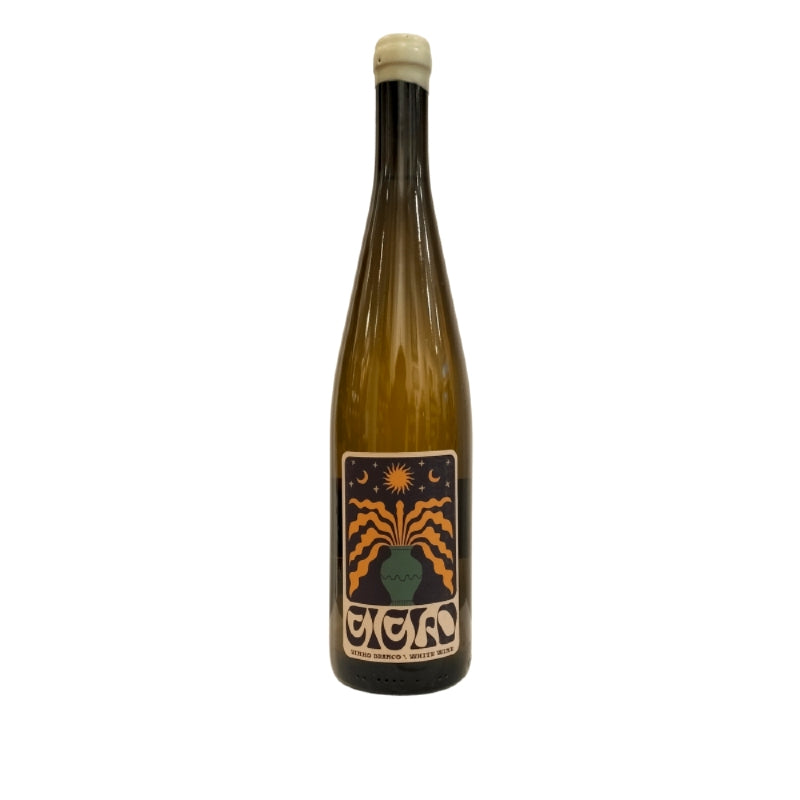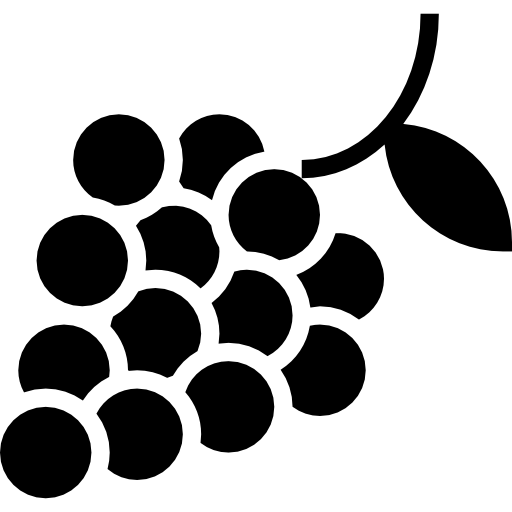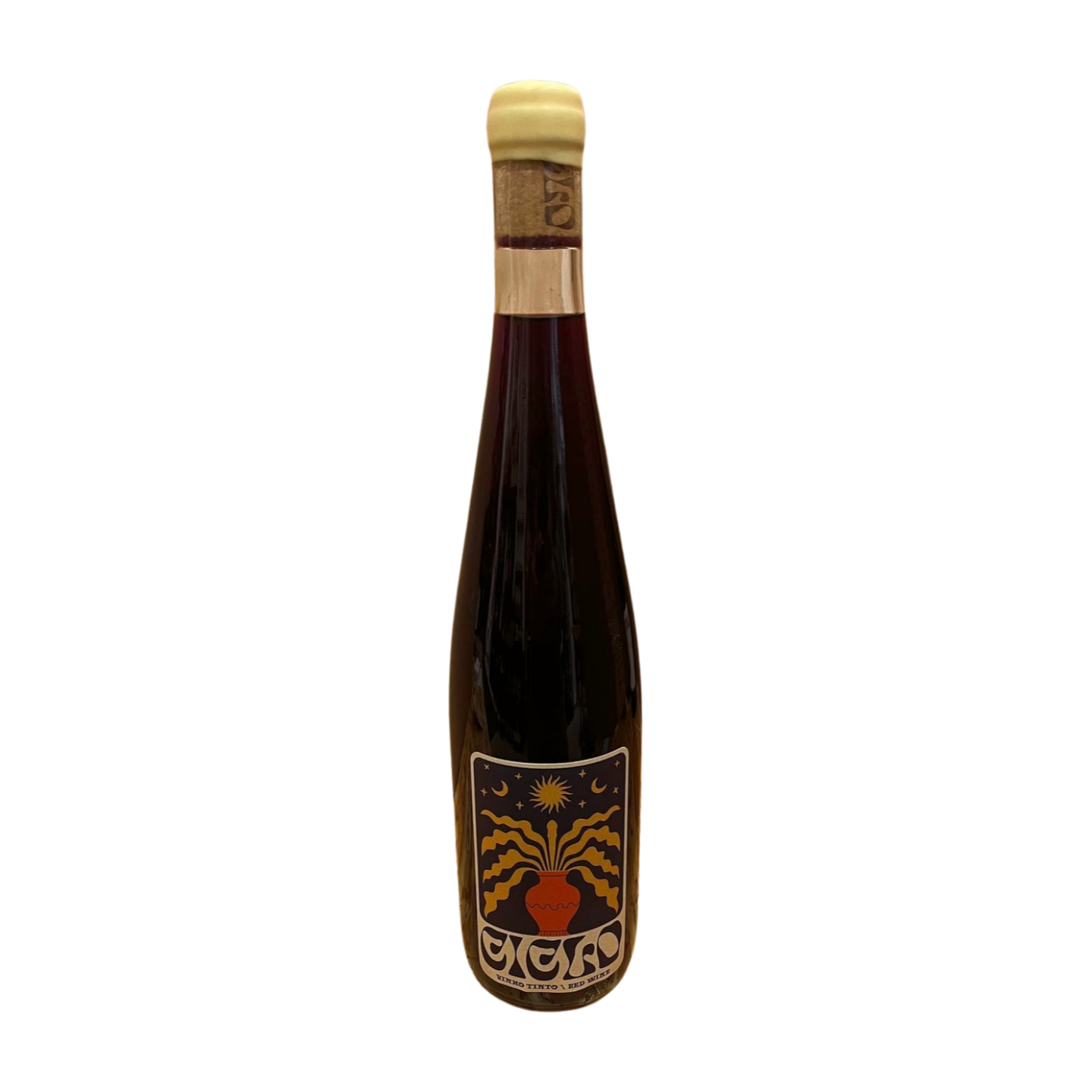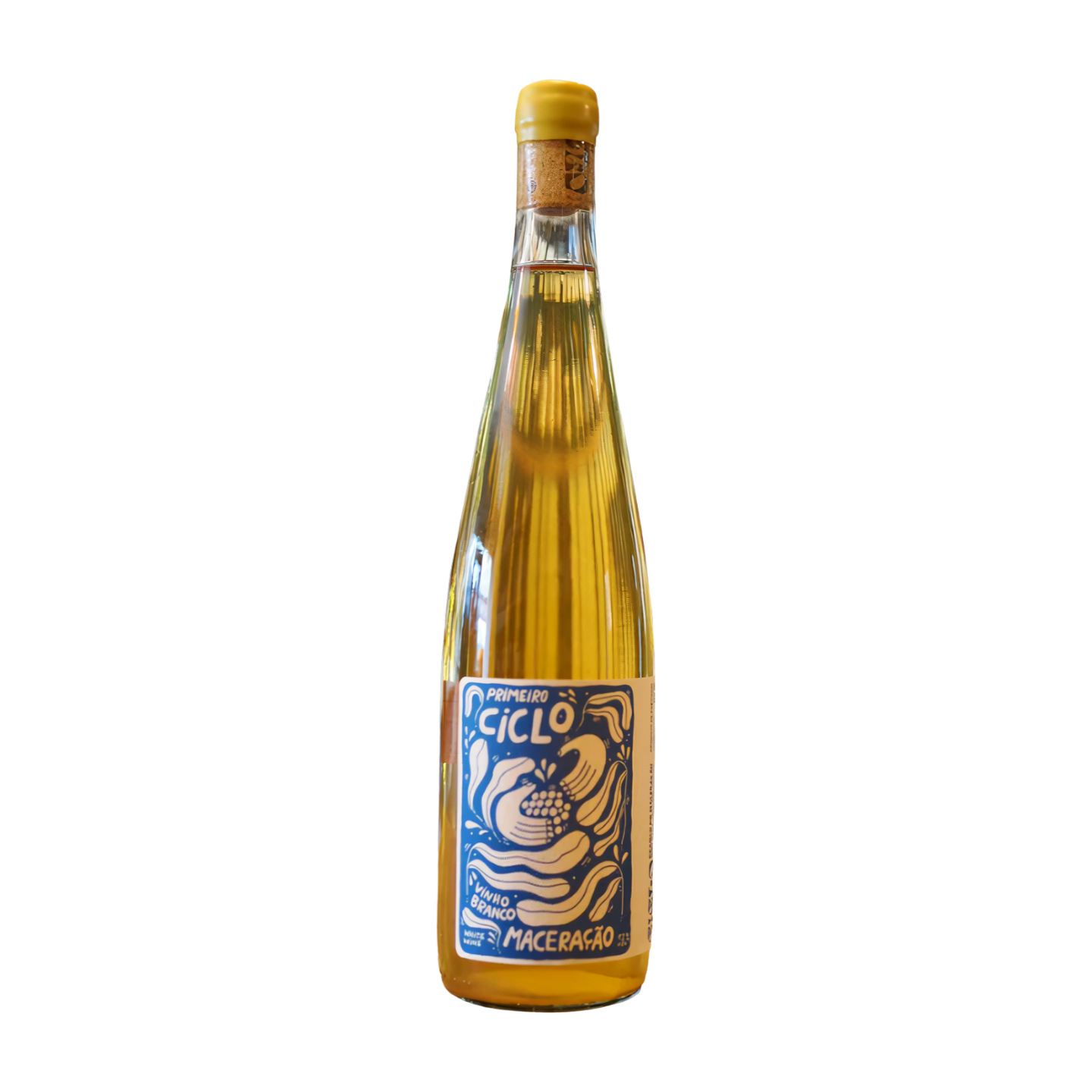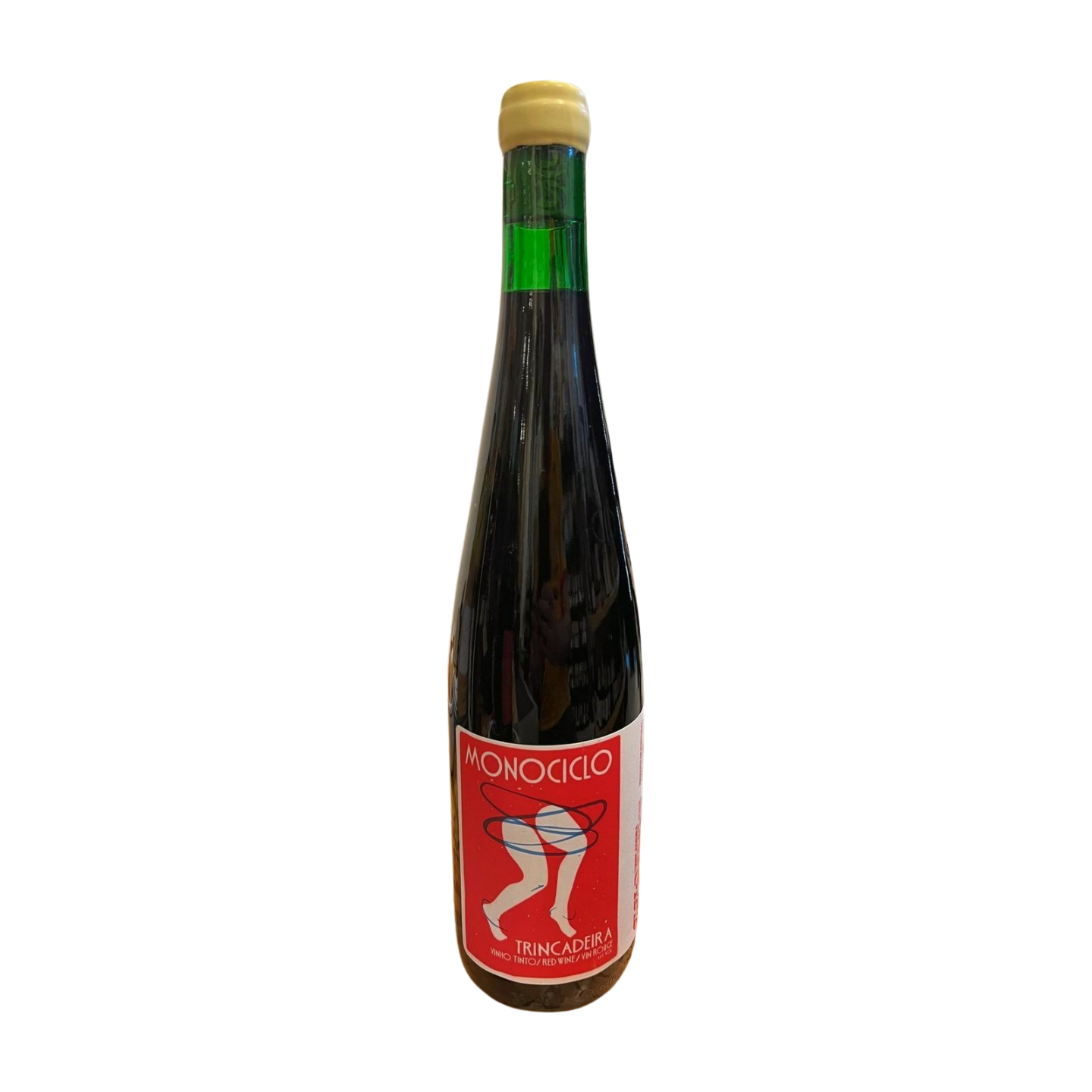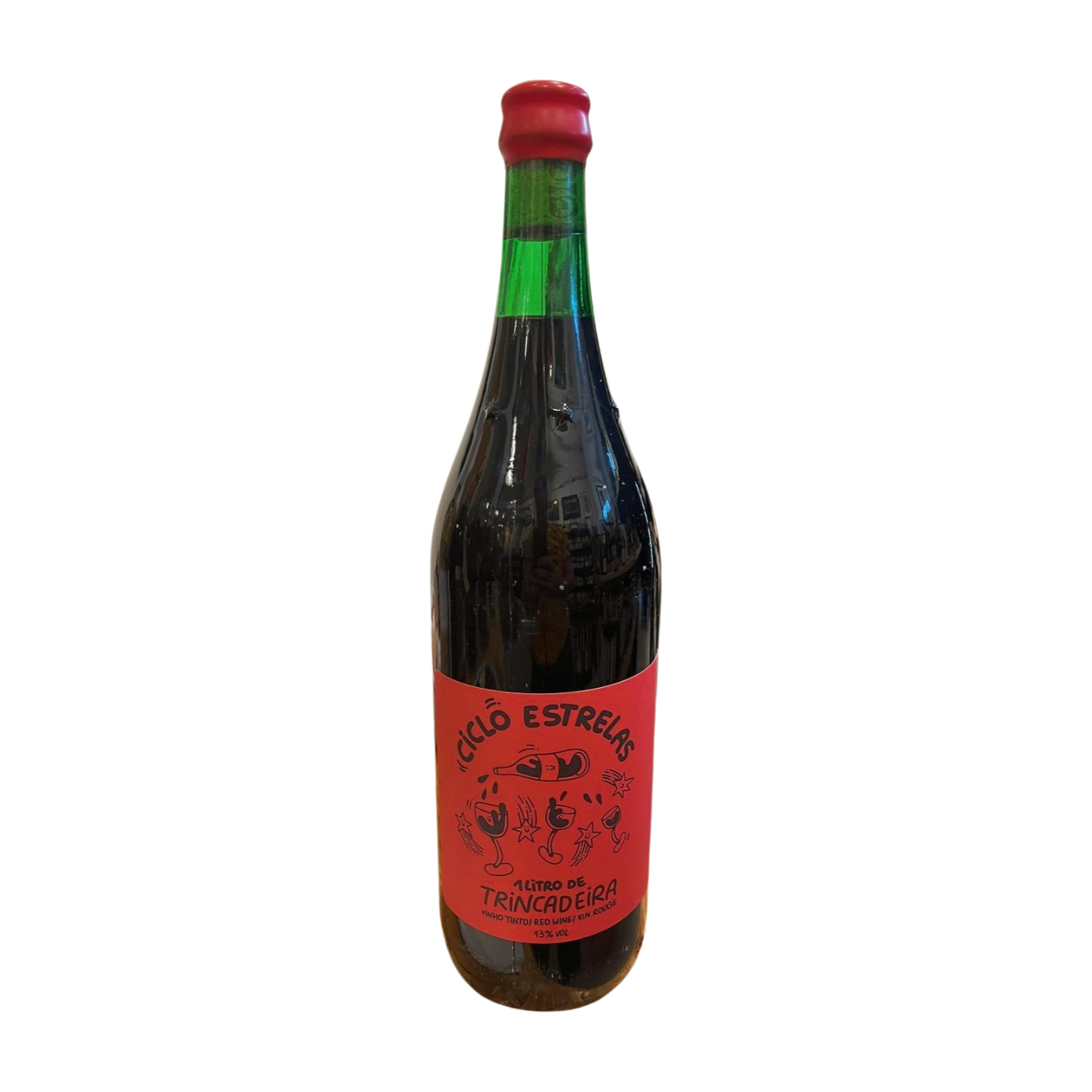Ciclo Vinho, a prominent wine producer nestled in the heart of Portugal's Alentejo region, stands as a testament to the region's rich viticultural history. Dating back thousands of years, the Alentejo has witnessed a captivating journey through various cycles of prosperity and decline, shaped by historical events and societal shifts.
The roots of winemaking in the Alentejo can be traced back to the ancient Tartessians, a civilization that inhabited the Iberian Peninsula. Their presence left an indelible mark on the region's viticultural landscape, laying the foundation for centuries of wine production. The Roman occupation further solidified the Alentejo's winemaking traditions, introducing new grape varieties and refining viticultural techniques.
However, the region's wine industry faced significant challenges throughout history. The War of Restoration, a period of conflict between Portugal and Spain, disrupted production and trade. The phylloxera epidemic, a devastating pest ravaging vineyards across Europe, also severely affected Alentejo's winemaking industry. Despite these setbacks, the region's resilience and passion for winemaking endured.
The mid-20th century marked a resurgence in viticulture in the Alentejo, driven by a renewed interest in producing high-quality wines. Modern winemaking techniques and focusing on indigenous grape varieties contributed to the region's revival. Today, the Alentejo is renowned for its diverse range of wines, which showcase the unique character of its terroir and the skill of its winemakers.
At the helm of Ciclo Vinho are Joachim Roque and Ana Paulino, two passionate winemakers dedicated to producing natural wines. Their commitment to sustainable practices is evident in their winemaking philosophy, which emphasizes minimal intervention and a hands-off approach to fermentation. By allowing the grapes to express their natural flavors and characteristics, Ciclo Vinho creates authentic and delicious wines.
The focus on sustainability at Ciclo Vinho extends beyond the winery's gates. The producers actively work to protect the environment and support local communities. By adopting eco-friendly practices and promoting sustainable agriculture, Ciclo Vinho contributes to preserving Alentejo's natural resources and cultural heritage.
In conclusion, Ciclo Vinho is a shining example of Alentejo's rich viticultural heritage. Through their commitment to natural winemaking and sustainable practices, Joachim Roque and Ana Paulino are helping to shape the future of the region's wine industry. By preserving the traditions of the past while embracing innovation, Ciclo Vinho is creating wines that celebrate the unique character of the Alentejo and inspire future generations of winemakers.
